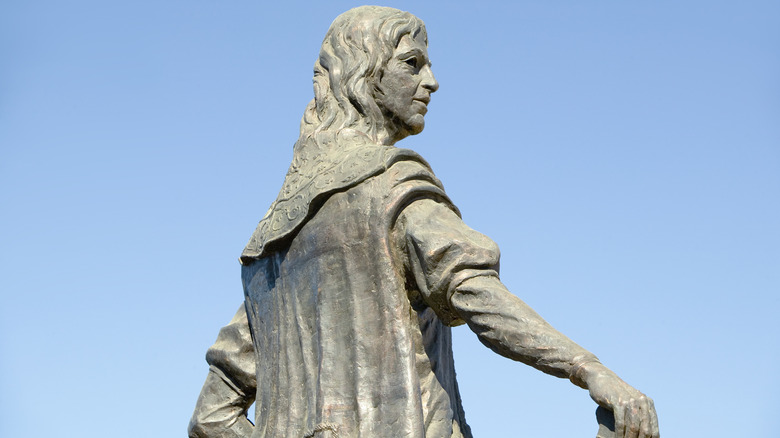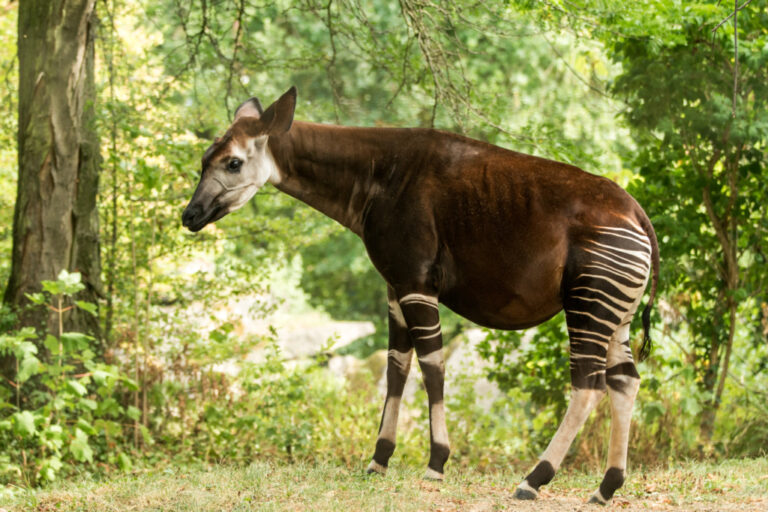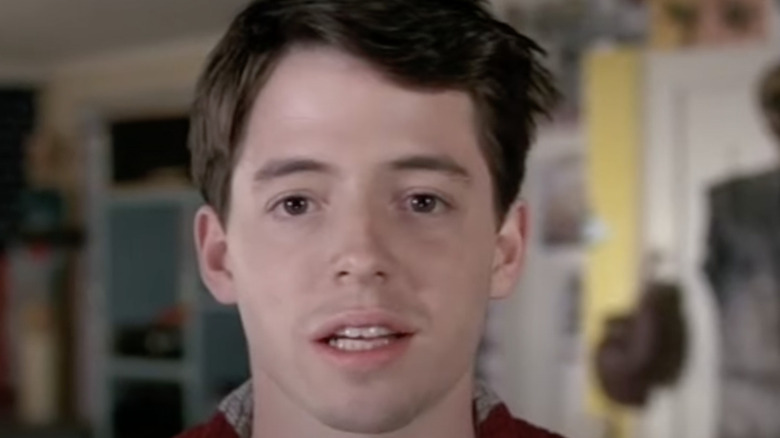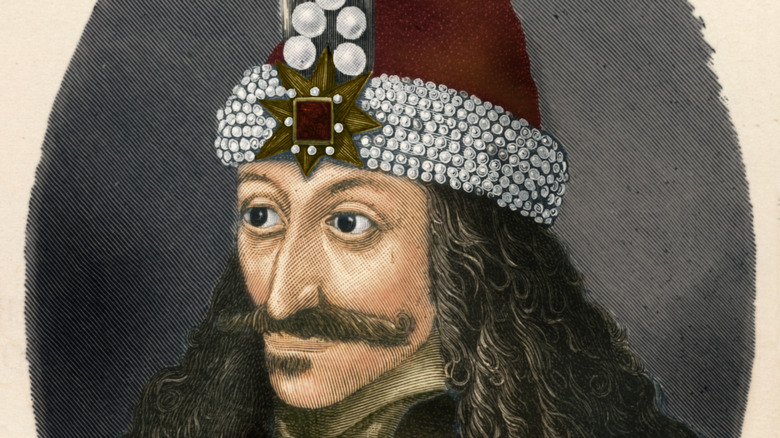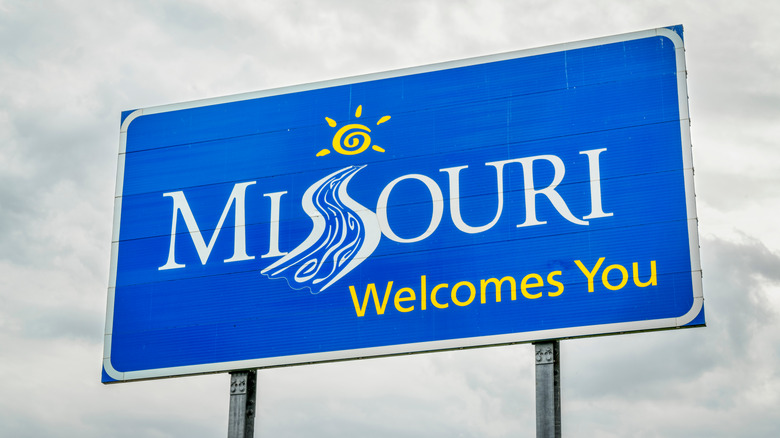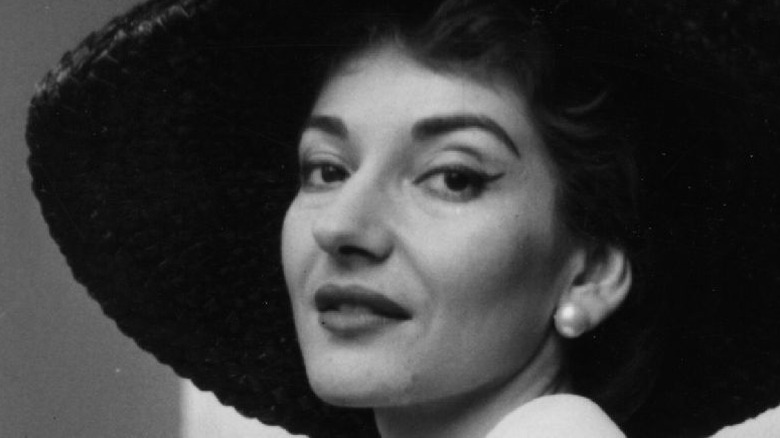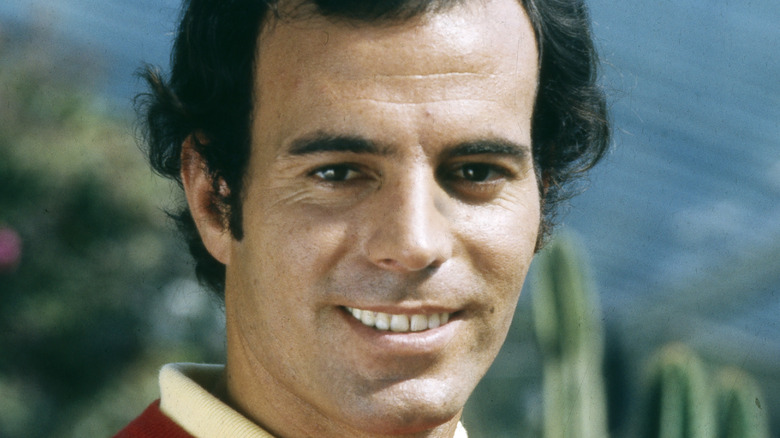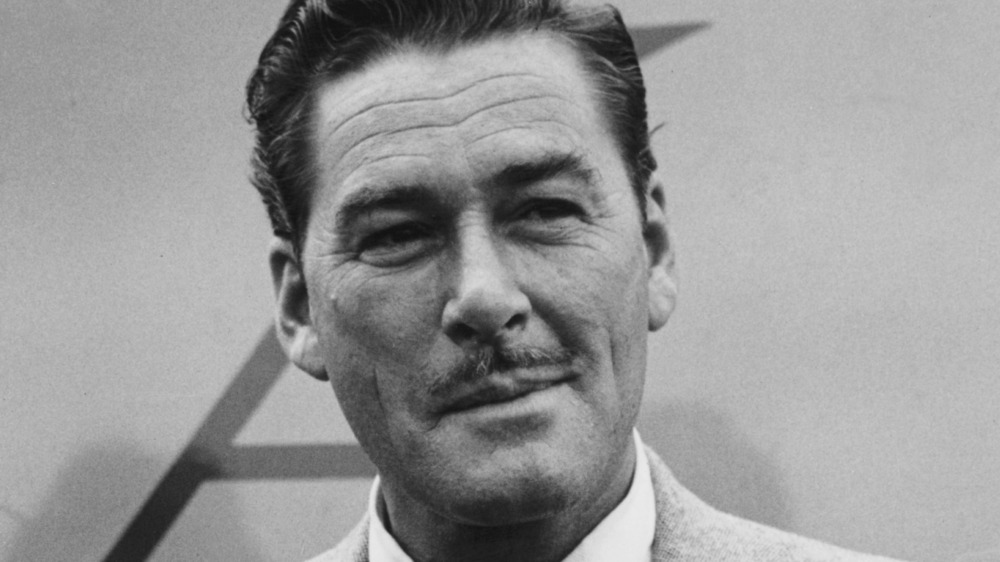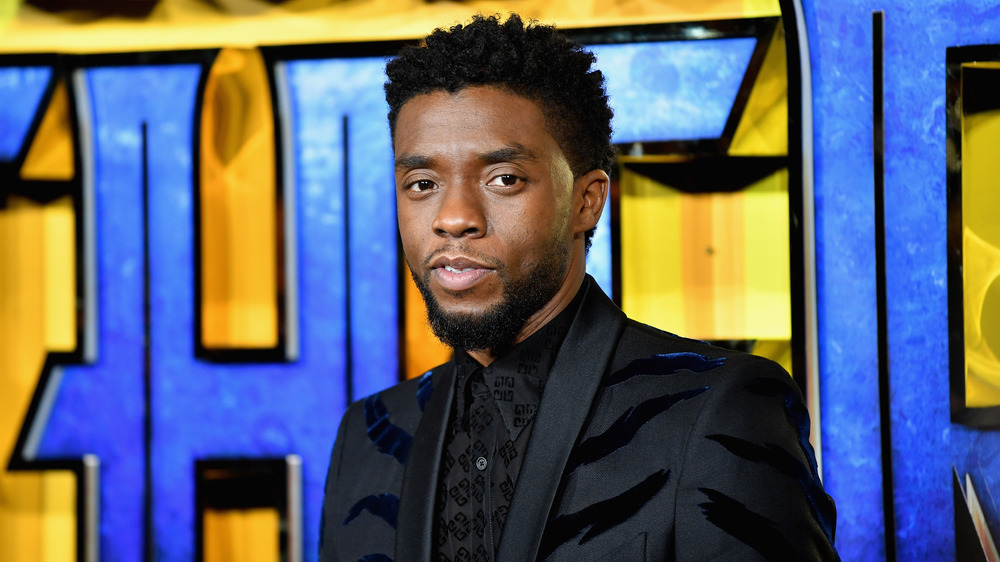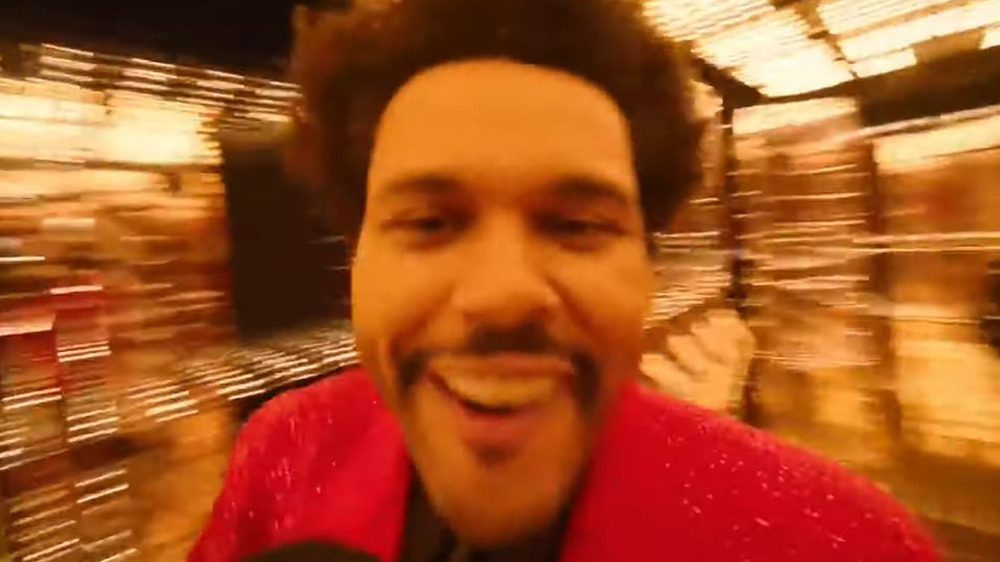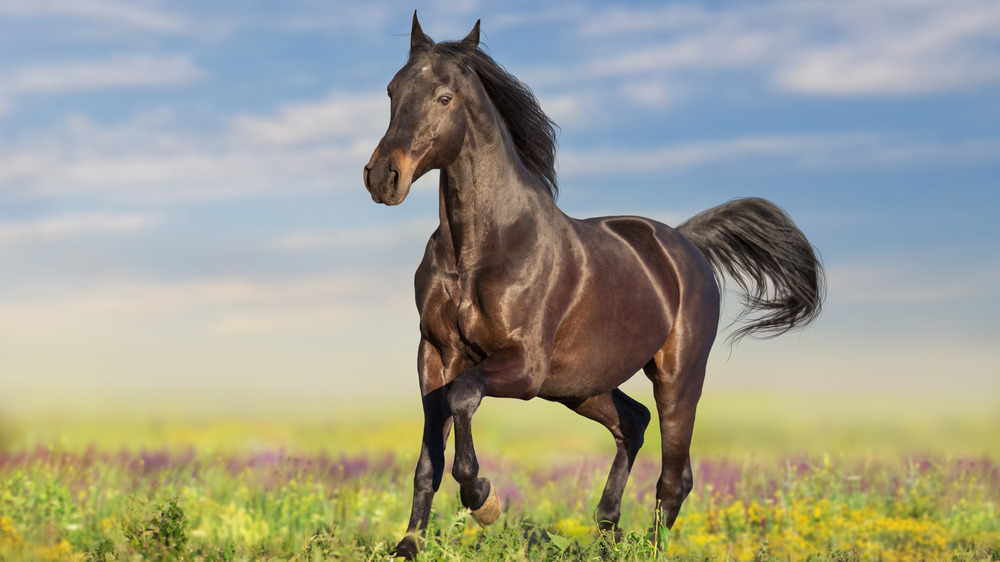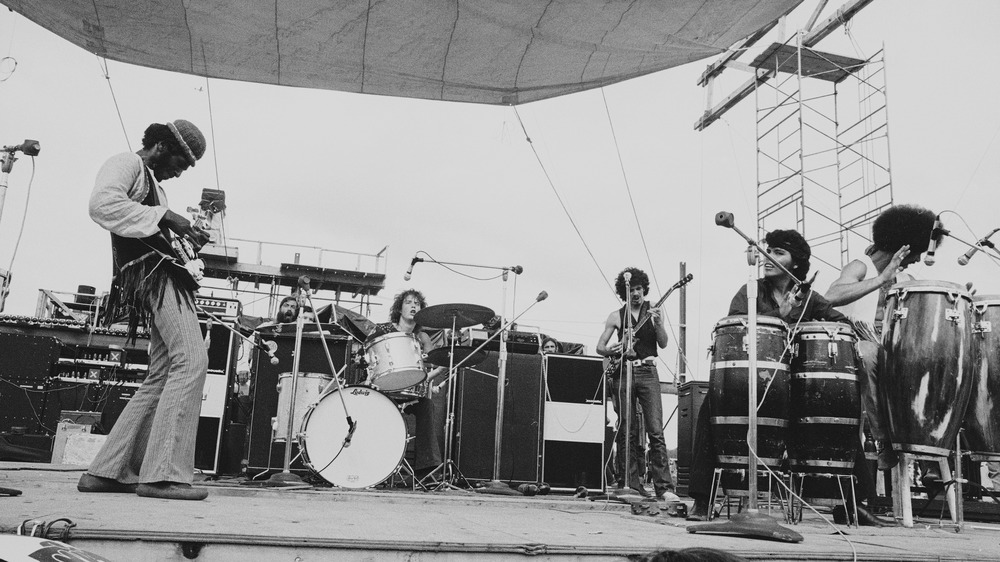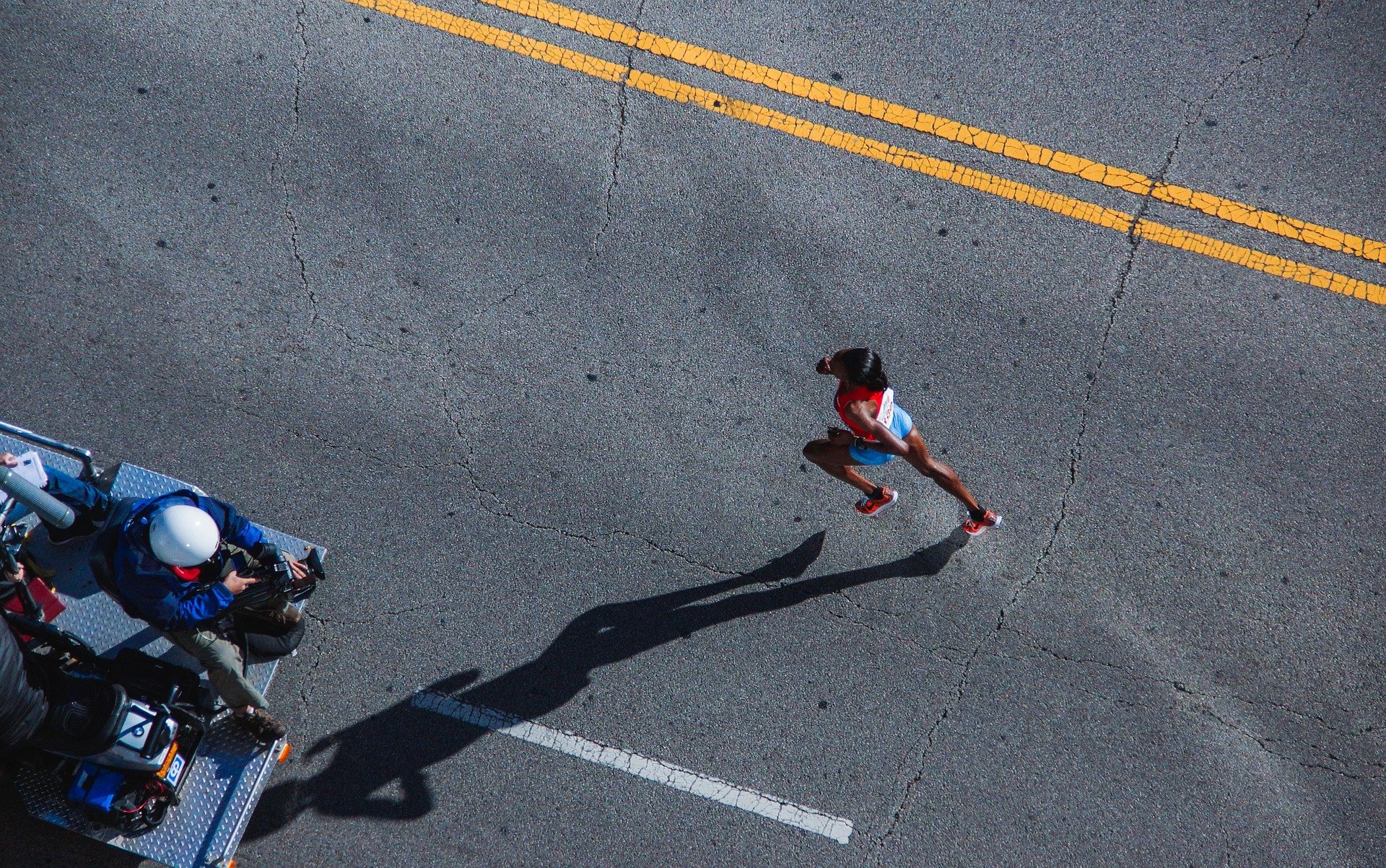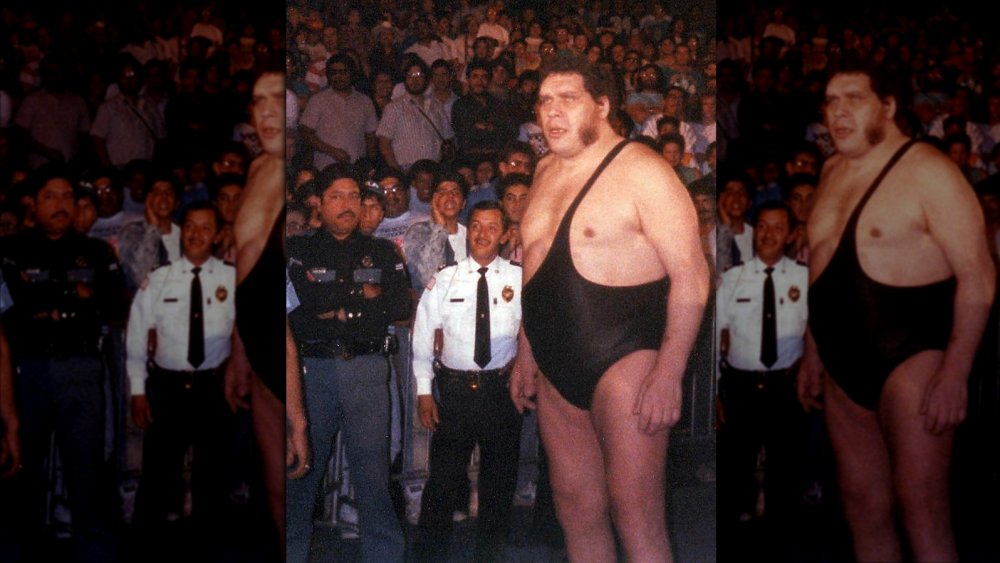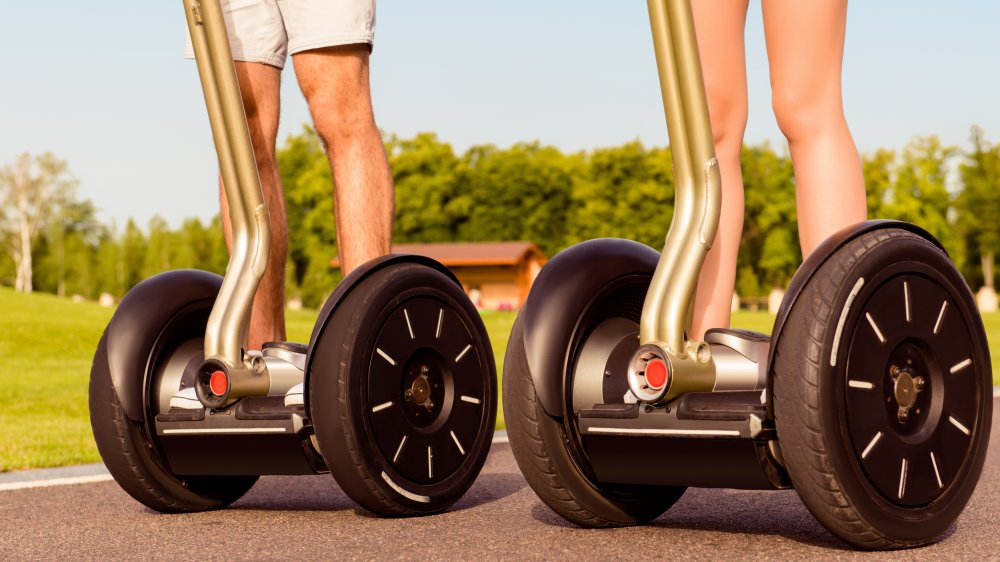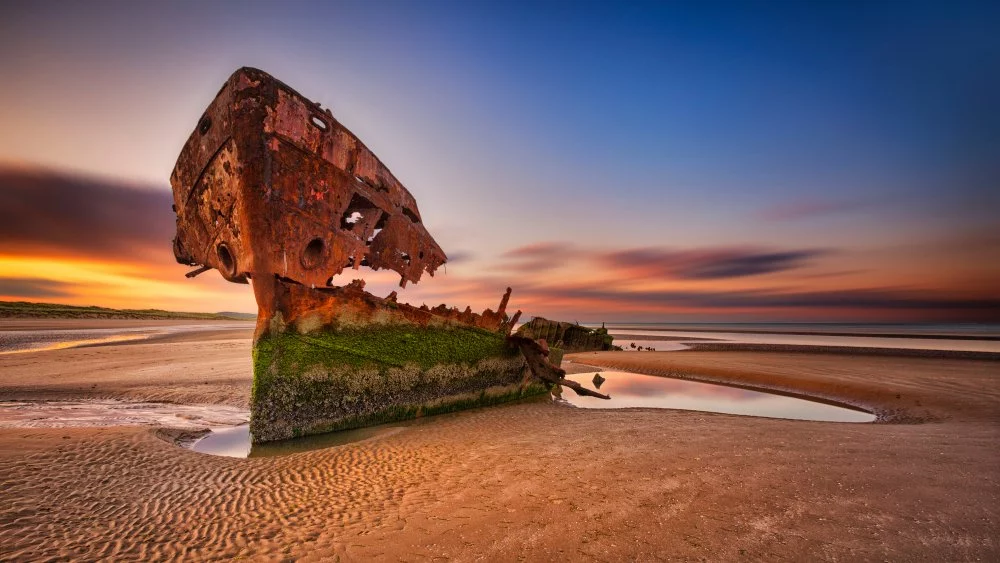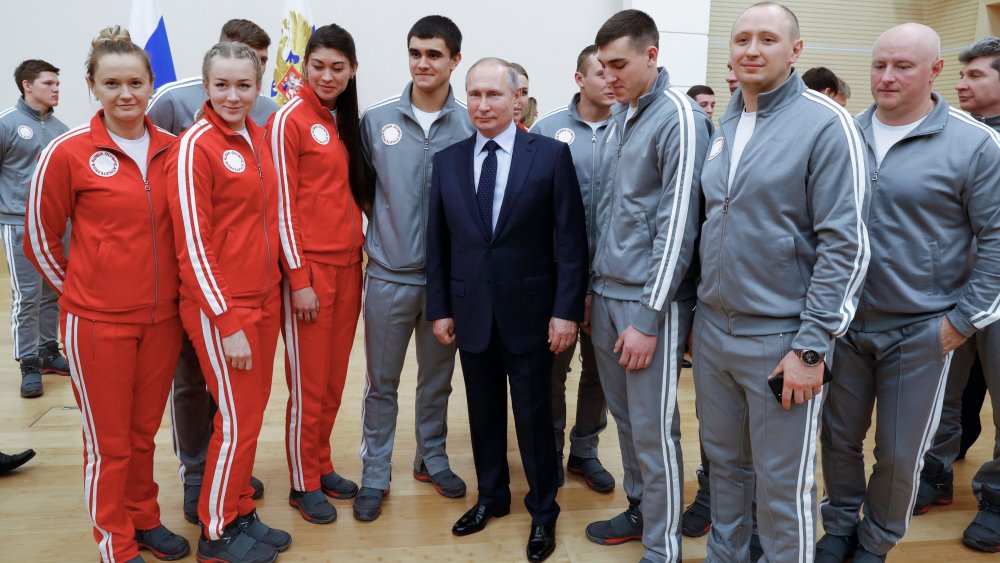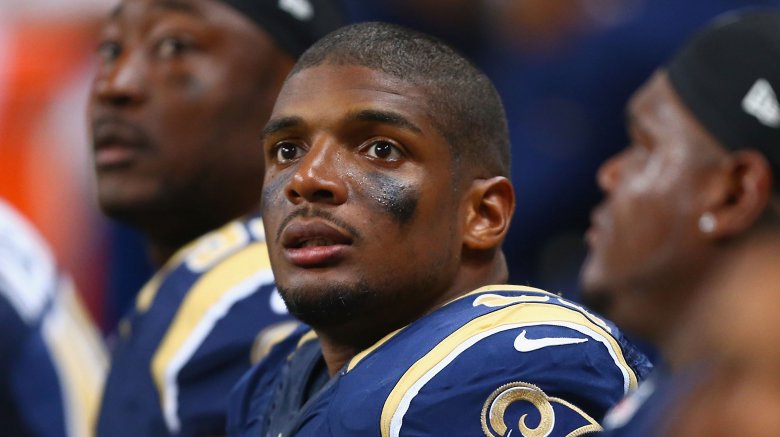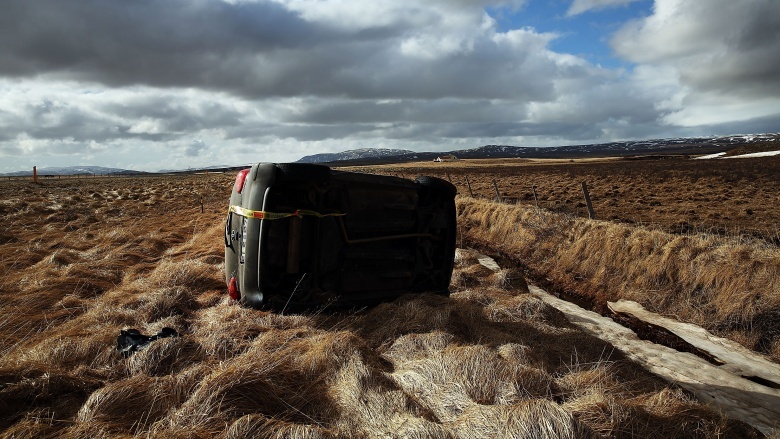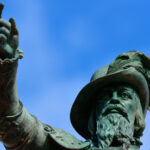
A Look At Ponce De Leon’s Feud With Christopher Columbus’ Son
In 1506, the Spanish explorer, governor, and all-around scourge on the indigenous peoples of the Caribbean Juan Ponce de León had it pretty good. He’d already helped colonize Hispaniola, for which he’d earned a governorship of a province on the island, and quelled several native uprisings in Puerto Rico, for which he was promoted to governor of that entire island. He was getting quite wealthy under the Spanish system of “repartimiento,” pretty much a euphemism for slavery. He had the native Taínos of Puerto Rico working on his farm and mining gold for him. Even those not working for him directly were forced to pay tributes.
But his luck was about to change. According to University of New Mexico History Professor John L. Kessell, Ponce de León found himself with a new political rival upon the death of Christopher Columbus in 1506. Columbus’ son Diego was his rightful heir. He became governor of Hispaniola in 1509. This was not going to work out in de León’s favor.
Diego Columbus ousted Ponce de Leon from his governorship — twice
Historian Rudolph Van Middeldyk writes that Diego Columbus kicked Ponce de León out of his position as governor of Puerto Rico, and in his place he put conquistador Juan Cerón. But de León had friends in high places. When Spanish King Ferdinand got wind of what Columbus had done, he ordered that de León be reinstated and sent men to arrest Cerón and bring him back to Spain.
But de León’s return to power was short-lived. According to Columbus scholar Robert Fuson, although he had the king in his corner, by the end of 1511 Diego Columbus had much more political clout than in previous years, and he finally ousted de León from the governorship of Puerto Rico once and for all.
This was all bad news, of course, for the indigenous people of the Caribbean. In her essay in the 2005 book “Ancient Borinquen: Archaeology and Ethnohistory of Native Puerto Rico,” Karen F. Anderson-Córdova notes how this political instability only drove the Spaniards to enslave more people both on Puerto Rico and other islands. Ponce de León was attempting to suppress uprisings at the time, and men loyal to him viewed his ouster as the perfect reason to go to other islands and bring back people for the “repartimiento” system on Puerto Rico. For the indigenous people affected, Ponce de León’s feud with Christopher Columbus’ son was just another bloody chapter in the violent conquest of the New World.
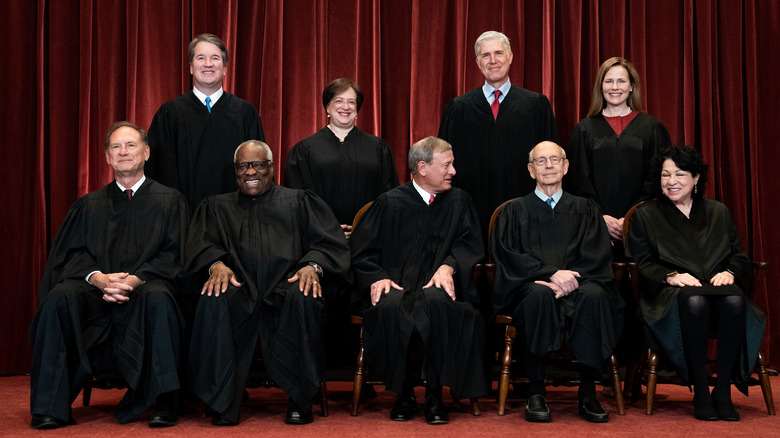
This President Appointed The Most Supreme Court Justices
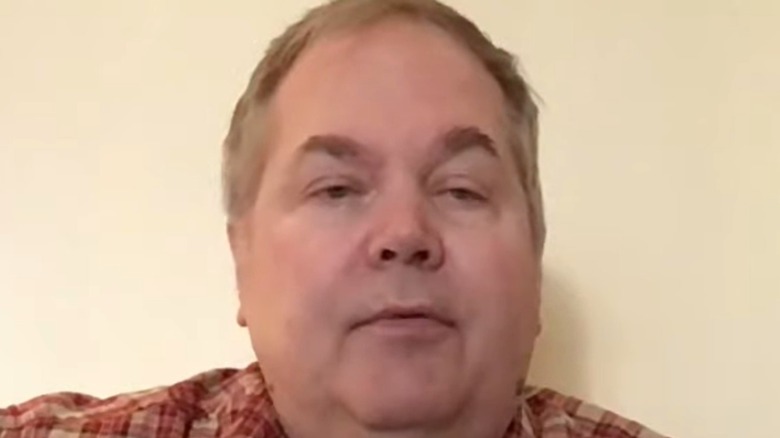
What John Hinckley Jr.'s Life Was Like Inside A Psychiatric Hospital
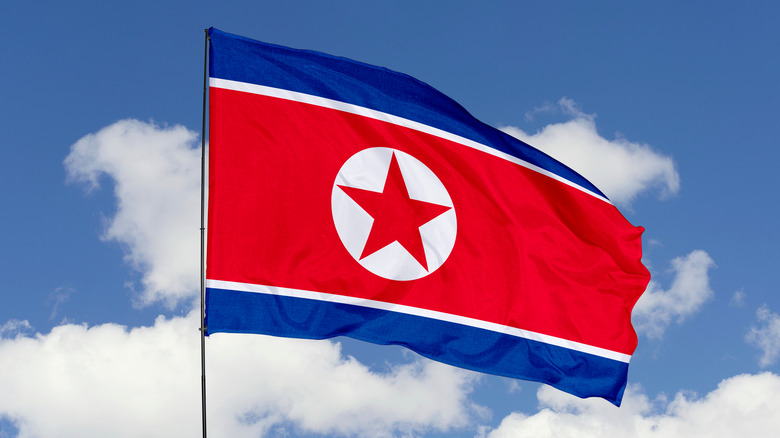
How North Korea Became One Of The Few Countries With Nuclear Weapons
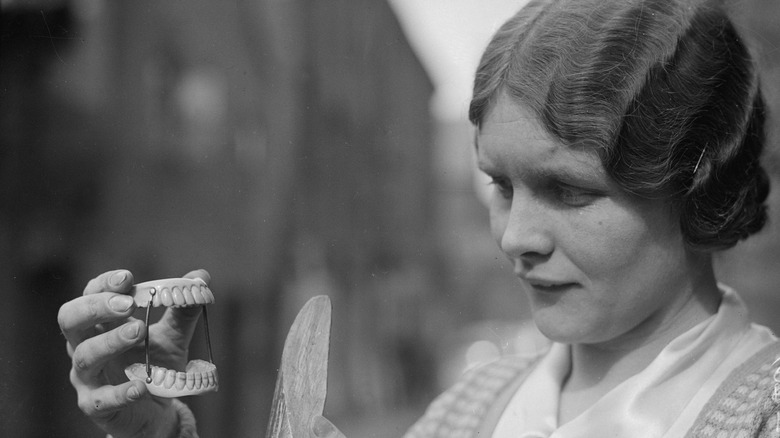
The Surprising Reason Rotting Teeth Was Once A Sign Of Wealth
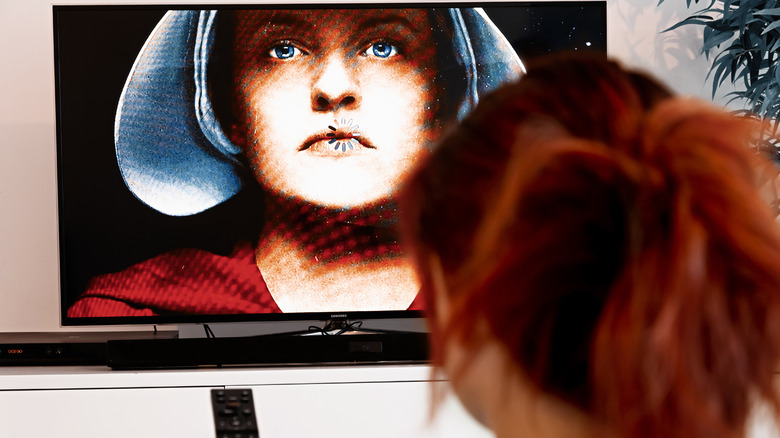
Could The Handmaid's Tale Ever Actually Happen?
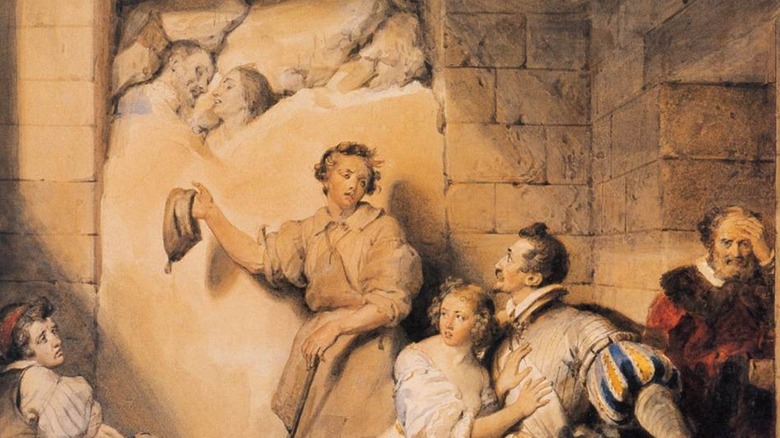
The Dark History Of Death By Immurement
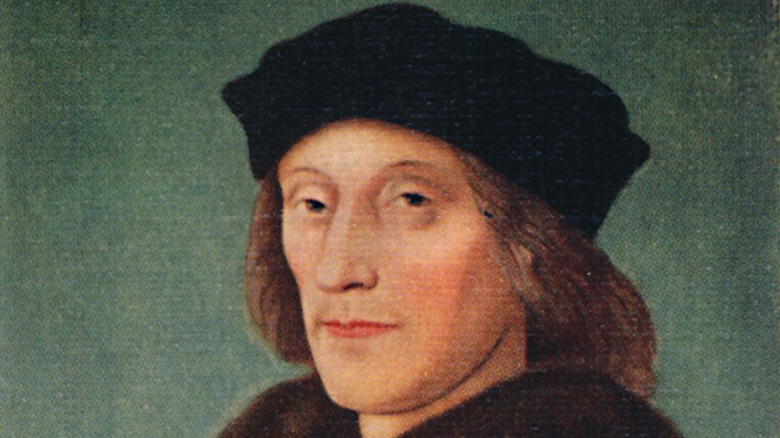
Inside The Paranoid Mind Of King Henry VII
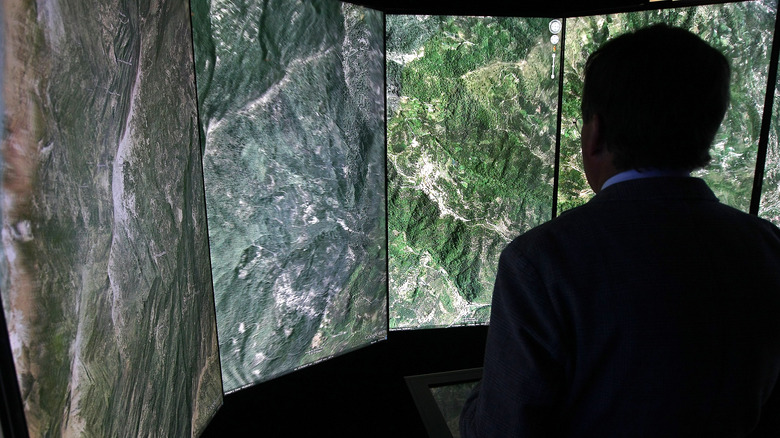
How Google Earth Helped Solve The Case Of A Brutal Execution
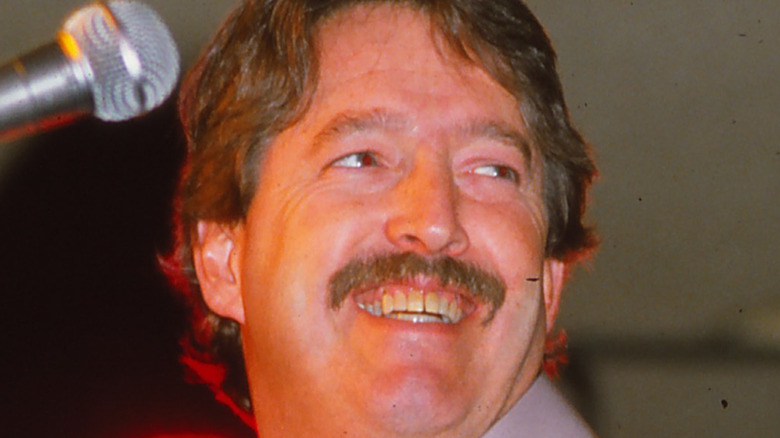
The Tragic Death Of Paul Butterfield
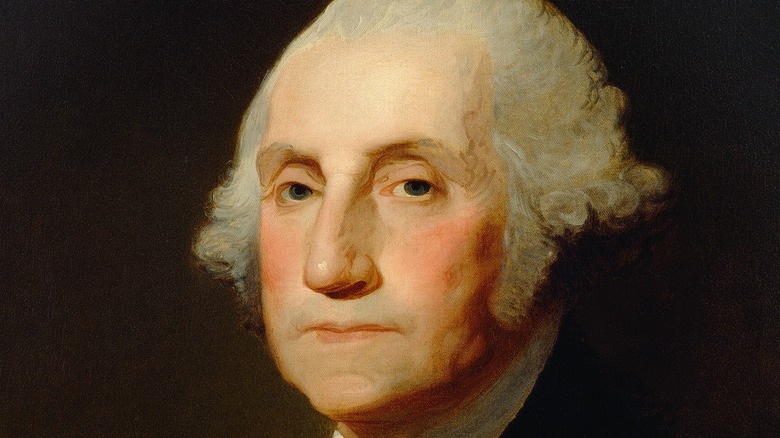
Here's How Many Slaves George Washington Actually Owned
